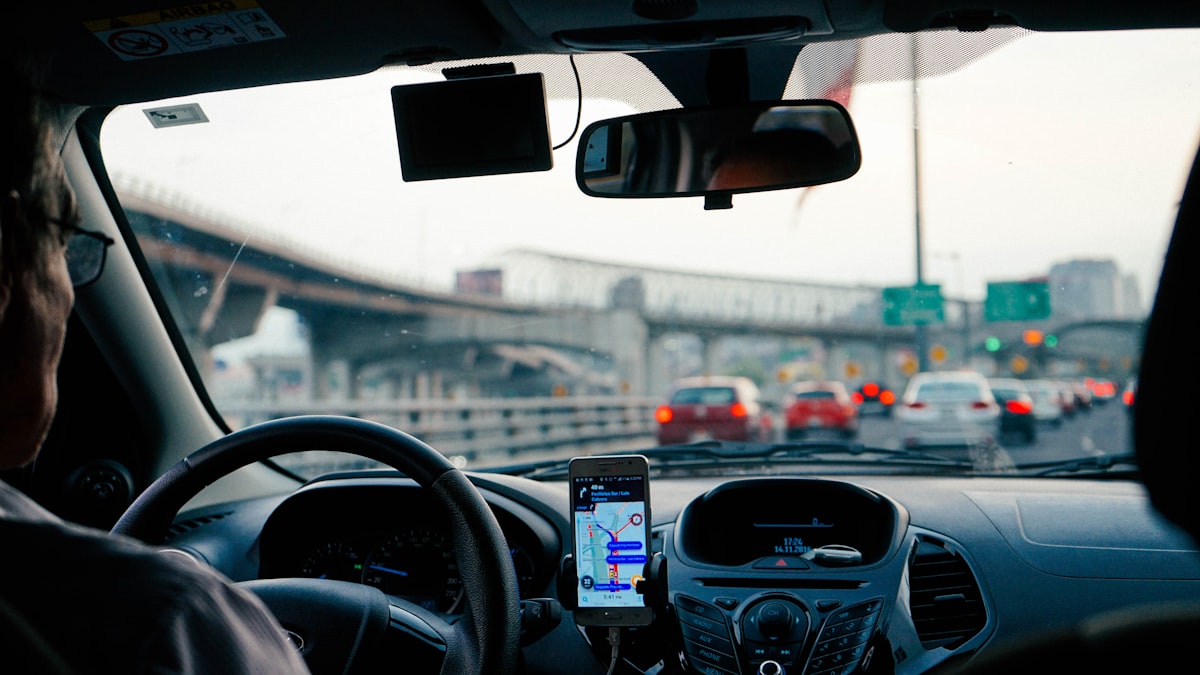Tesla Not the Only Automaker to Overpromise Self-Drive Capability, IIHS Warns
Tesla isn't the only automaker that overpromises the abilities of its self-driving system, insurance institute warns.

Tesla's recent recall of 363,000 cars equipped with "Full Self Driving" should be a wake-up call for all consumers whose cars have partial automation systems, the Insurance Institute for Highway Safety cautions.
“The partial automation systems on vehicles today require the driver to be fully engaged in the driving task at all times and retake control when necessary,” IIHS President David Harkey said. “Institute research shows that drivers who use partial automation on a regular basis often treat their vehicles as fully self-driving despite widespread warnings and numerous high-profile crash reports."
But Harkey said drivers should be aware that "none of the current systems is designed to replace a human driver or to make it safe for a driver to perform other activities that take their focus from the road."
That means no texting, no sleeping and no fiddling with the audio system when the cars is moving.
Tesla issued a recall notice for certain Model 3, Model S, Model X and Model Y vehicles on Feb. 15 after the National Highway Traffic Safety Administration determined that the Full Self-Driving Beta system could prompt equipped vehicles to travel straight through intersections from a left- or right-turn-only lane, fail to come to a complete stop at stop signs, exceed speed limits and go through yellow lights without appropriate caution if the driver did not intercede.
There have also been well-publicized accidents involving emergency vehicles, including one in which a Tesla drove into a fire engine at an accident scene. There have been several similar accidents in which driver assistance systems didn't recognize emergency vehicles stopped in the roadway and simply plowed into them.
Drivers need to pay attention
“Fully attentive drivers could prevent their vehicles from doing the things cited in the recall," Harkey said. He blamed misleading names used by manufacturers to describe what are properly called driver assistance systems.
"The main problems for Tesla’s system include the misleading names of ‘Full Self Driving’ and ‘Autopilot’ and the fact that it does not have adequate safeguards to ensure drivers will pay full attention to the road," he said.
IIHS has been working on the development of a new safeguard ratings program to address how well partial automation vehicles will keep drivers engaged in the driving task and will begin rating vehicles later this year, he said.
Full Self-Driving is an optional software update that extends the functionality of Tesla’s core Autopilot partial automation system, which is intended primarily for use on highways.
